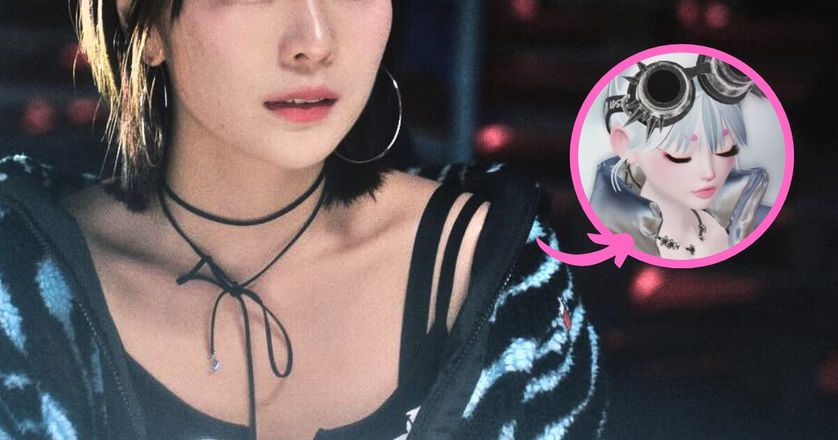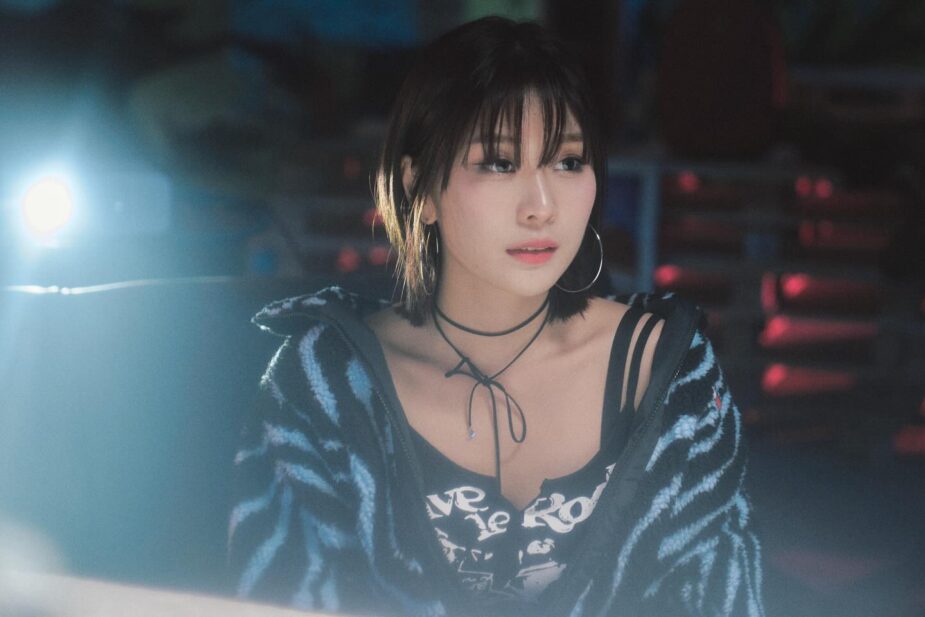Fans labeled it “scary” and “creepy.”

The topic of artificial intelligence and its uses has been controversial in K-Pop spaces for over a year now — and this latest development might have just proven why. With many fans terrified of what could happen to their favorite artists if labels start using AI for more than just incomprehensible generated images on music videos, what happened to soloist Soha can serve as a warning to everyone in the industry.

Soha, also known by her full name, An Seo Hyun, is an independent singer-songwriter. Some may remember her from her time in the pre-debut girl group White Witch, others from her brief appearance on the survival show Burn Up 30. Regardless, Soha has been active in the music scene since her debut in 2020. The 20-year-old singer has gone through much in her unstable career, but nothing like what happened to her after becoming a vocalist for a new virtual idol.
She initially branched out to vocalizing for virtual idols by doing so for a virtual girl group called Eternity in 2021.
Alongside Eternity, Soha has been working as a vocalist for virtual idol Aimy Moon since 2021 — after her stints in White Witch and Burn Up 30 proved unsuccessful. Aimy Moon is managed by the Korean label Enterarts.
While Soha has been working for them and doing vocals for Aimy Moon for years now, she recently discovered that the label had used AI to release a new song using her voice but without the singer’s permission.
Understandably, this enraged Soha and her fans, forcing the company to release an apology addressing the situation. Enterarts’ CEO himself penned a brief statement in which he apologized “as a CEO and as a musician” for the unauthorized creation of AI vocals using Soha’s vocal recordings.
I am Park Chan Jae, CEO of EnterArts.
Regarding the use of vocal data from artist An Seo Hyun in our music production, I deeply apologize as the CEO and as a musician for the unauthorized creation of AI vocals using her vocal recordings, which were used without prior consent to produce and release the song “NEWS” for our virtual character, Aimy Moon.
Moving forward, our company promises that we will not use vocal data from An Seo Hyun or any other artist to generate AI vocals without prior consultation under any circumstances.
— Park Chan Jae
An apology was also released on Aimy Moon’s own Instagram account.
In response, Soha shared the statement on her Instagram stories and — while she was still distraught and upset by the alarming news — wrote that she hopes this kind of unauthorized use will never happen again.
[A] song I have never sung was released with my voice. I was so embarrassed and upset, and the advancement of technology suddenly felt really scary. As a musician, my voice is a precious voice that I have to put time and effort into. I support the advancement of AI, but I hope this kind of unauthorized use will never happen again, to me or to anyone else.
— Soha via Instagram
Fans on social media platforms didn’t hold back when disclosing how “creepy” and “scary” AI can be when it comes to music and other arts. They also asked that their fellow fans stop using AI to create artificial covers of K-Pop artists, as it can promote similar unethical use from labels and more.